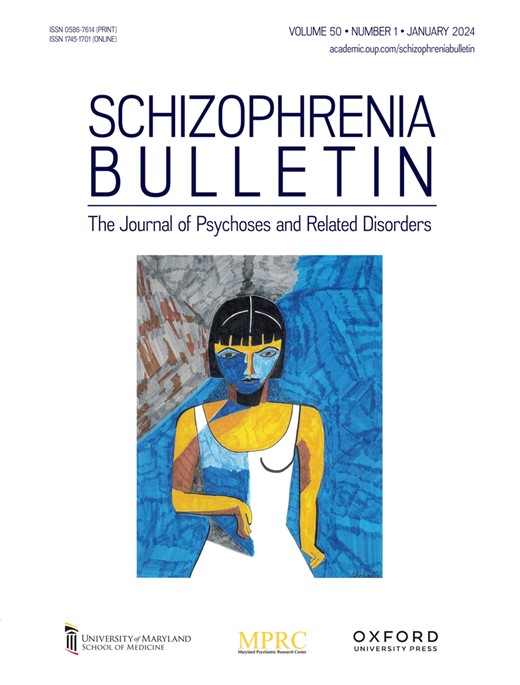85 RESEARCH ON THE DETERMINATION OF CIVIL CAPACITY OF SPECIAL GROUP SCHIZOPHRENIA PATIENTS
IF 5.3
1区 医学
Q1 PSYCHIATRY
引用次数: 0
Abstract
Background Schizophrenia is a relatively serious mental illness, typically characterized by severe imbalances in thinking, emotions, and behavior. This disease may cause patients to experience symptoms such as hallucinations, delusions, confused thinking, and emotional dullness. The civil capacity of special groups of schizophrenia patients is difficult to determine due to the fluctuation of symptoms. The cognitive function and judgment ability of patients vary greatly at different times and situations, which can affect their ability to participate in social activities and also affect the determination of their civil capacity. Based on this, the study aims to explore the impact of schizophrenia on patients’ cognitive function, emotional state, and social adaptation ability by comparing the differences in civil capacity between schizophrenia patients and the general population. Methods A study selected 30 special group patients diagnosed with schizophrenia at a mental health center, including 15 males and 15 females, aged between 18 and 75 years old, covering early to old adulthood. Select another 30 normal special groups, with the same selection criteria as above. Participants meet the diagnostic criteria for schizophrenia in the International Classification of Diseases. Ensure that all participants understand the research objectives and obtain written informed consent before participating in the study. Participants were randomly divided into an experimental group (schizophrenia patients) and a control group (normal population). Through a team composed of social psychology experts, psychiatrists, social workers, and clinical medicine experts, emotional state and cognitive function assessments were conducted on two groups of individuals, and their cognitive function, emotional state, social perception, and language expression abilities were comprehensively scored. The score ranges from 0 to 6, with higher scores indicating better performance. Results The scores of various indicators before and after the experimental group and control group patients are shown in Table 1. According to Table 1, the control group scored 1.86 in cognitive function, while the experimental group scored 4.82. The control group scored 1.67 in terms of emotional state, while the experimental group scored 5.21. In terms of social perception, the control group had a score of 2.33, while the experimental group had a score of 5.16. In terms of language expression ability, the control group had a score of 1.44 and the experimental group had a score of 4.23. The statistical results showed a significant improvement in the civil capacity of the experimental group (P<0.001). In the intra group comparison, there was no significant change in the civil capacity of the experimental group (P>0.001). Discussion According to the above comparison, the experimental group of schizophrenia patients generally have poor cognitive function, emotional state, social perception, and language expression ability, and there are significant differences compared with the healthy control group. This result indicates that schizophrenia significantly affects the civil capacity of patients. This not only affects the quality of life of patients, but may also impact their exercise of rights in legal and social affairs.求助全文
约1分钟内获得全文
求助全文
来源期刊

Schizophrenia Bulletin
医学-精神病学
CiteScore
11.40
自引率
6.10%
发文量
163
审稿时长
4-8 weeks
期刊介绍:
Schizophrenia Bulletin seeks to review recent developments and empirically based hypotheses regarding the etiology and treatment of schizophrenia. We view the field as broad and deep, and will publish new knowledge ranging from the molecular basis to social and cultural factors. We will give new emphasis to translational reports which simultaneously highlight basic neurobiological mechanisms and clinical manifestations. Some of the Bulletin content is invited as special features or manuscripts organized as a theme by special guest editors. Most pages of the Bulletin are devoted to unsolicited manuscripts of high quality that report original data or where we can provide a special venue for a major study or workshop report. Supplement issues are sometimes provided for manuscripts reporting from a recent conference.
 求助内容:
求助内容: 应助结果提醒方式:
应助结果提醒方式:


